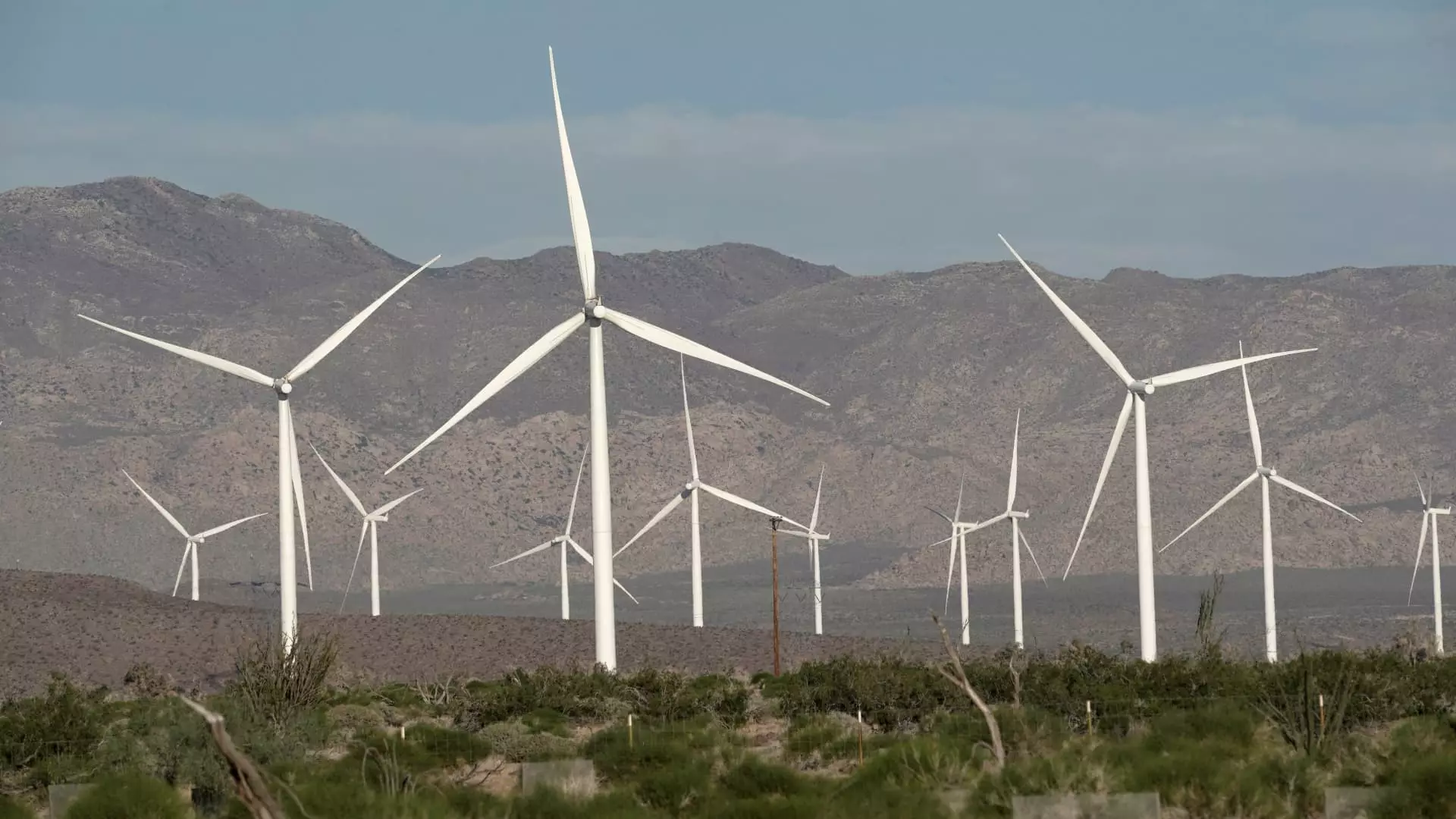Siemens Energy experienced a significant surge in its shares, reportedly up to 13%, following the announcement of raised forecasts for the year and the departure of the CEO of its wind turbine unit. Jochen Eickholt will be stepping down from his position as CEO of Siemens Gamesa by mutual agreement on July 31, to be replaced by Vinod Philip. Christian Bruch, CEO of Siemens Energy, acknowledged Eickholt’s efforts in laying the groundwork for the company’s reorganization and emphasized that the quality issues did not occur during Eickholt’s tenure as CEO.
Siemens Energy revealed that Gamesa had implemented extensive restructuring measures and long-term strategic development steps to improve operating margins. The success in stabilizing the wind business and the strong demand for power grid equipment led Siemens to raise its forecast for the year. The company now anticipates a comparable revenue growth between 10% and 12% with a profit margin before special items ranging from negative 1% to positive 1%. This marks a significant increase from the previous forecast of revenue growth between 3% and 7% and a profit margin between negative 2% and positive 1%.
CEO Bruch acknowledged the positive order momentum in the energy sector but also highlighted the ongoing challenges, particularly in addressing quality issues within the wind division. He mentioned that the company had been working diligently over the past two years to address these issues and credited Eickholt for initiating the necessary activities for operational turnaround. Bruch emphasized the focus on offshore business and the importance of enhancing the volume product in offshore operations to drive growth.
Siemens Energy faced a tumultuous year, marked by significant losses due to manufacturing faults at Gamesa which resulted in a 4.6 billion euro loss for the fiscal year. An investigation into the quality issues within the wind turbine division was initiated to address the root causes. The company had to revise its profit forecast and warned that the repercussions of the failures at Gamesa could persist for an extended period. These challenges highlighted underlying issues within the wind industry and raised concerns among investors regarding the broader implications for the sector.
The wind industry has undergone rapid expansion over the past two decades, leading to cost reduction and increased efficiency through advancements in turbine technology. The competition with fossil fuels has intensified, with wind energy often offering cost-effective solutions. However, the recent setbacks faced by Siemens Energy have brought to light the vulnerabilities of the industry and underscored the importance of sustainable operational practices and quality assurance measures to ensure long-term success.
Siemens Energy’s journey reflects the highs and lows of the renewable energy sector, highlighting the significance of effective leadership, strategic decision-making, and a proactive approach to addressing challenges. The company’s response to the quality issues within its wind division and the implementation of comprehensive restructuring measures will likely play a crucial role in shaping its future trajectory and maintaining its position in the competitive energy market.

